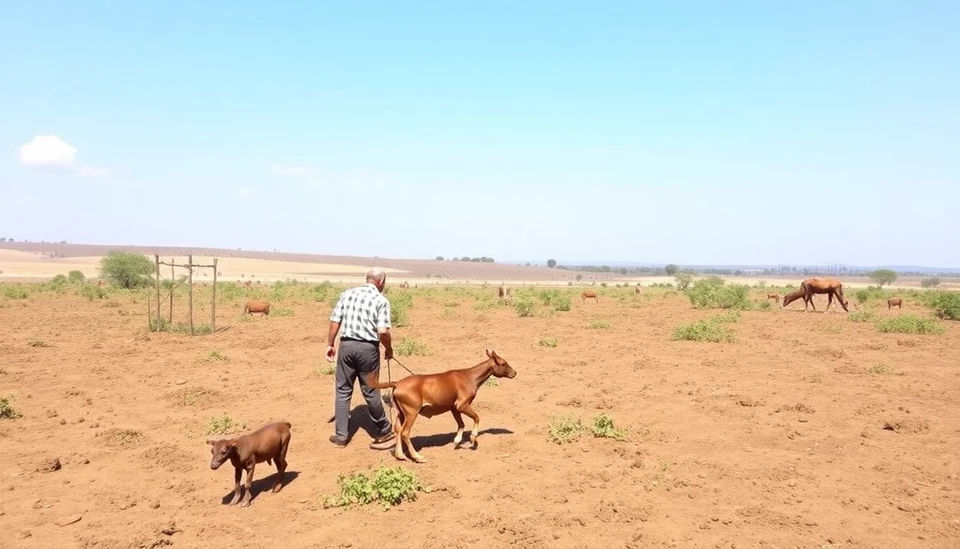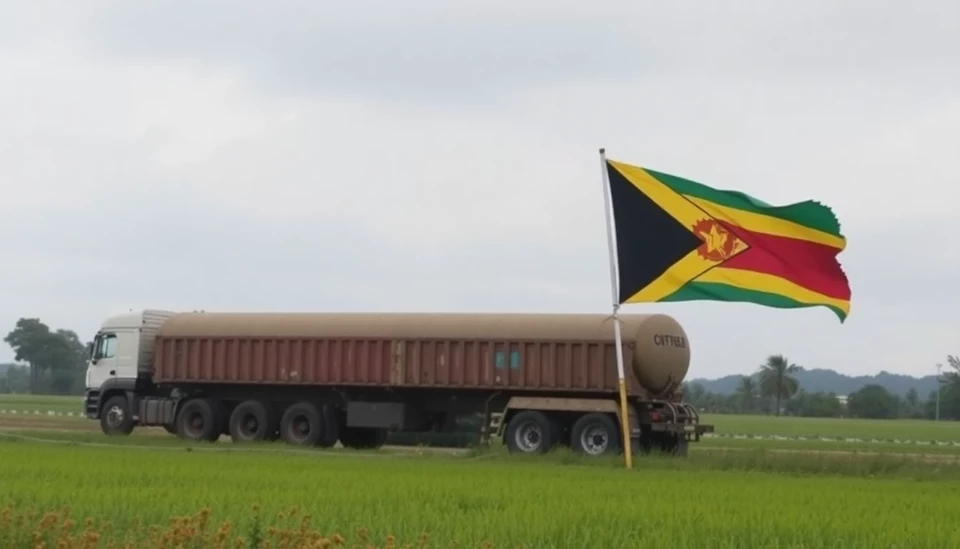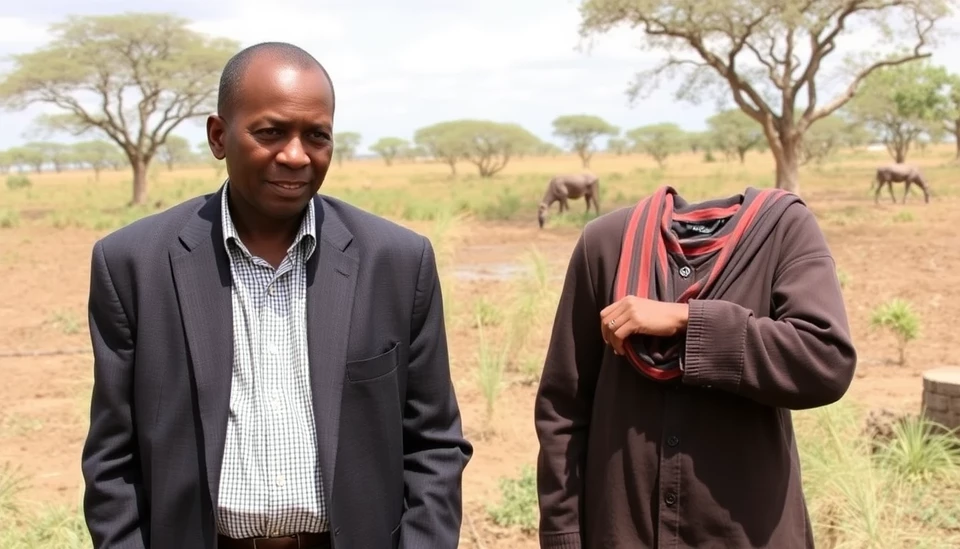
Zimbabwe is witnessing a remarkable resurgence of economic growth, primarily driven by a rebound in its agricultural sector following a challenging period of drought. Several reports indicate that the nation has emerged from its previous agricultural struggles, with farmers now poised to capitalize on favorable weather conditions. This development has resulted in a significant uptick in agricultural output, which is a cornerstone of Zimbabwe’s economy.
The Ministry of Finance has recently indicated that the country's Gross Domestic Product (GDP) is on track to grow by an impressive 4.6% in 2024. This spike in economic activity comes as the nation recovers from a series of adverse weather events that have impacted agricultural productivity in recent years. Farmers, rejuvenated by improved rainfall patterns, are optimistic about the forthcoming harvest, particularly in key crops such as maize and tobacco, which are vital to both domestic and export markets.
Statistics from the Ministry of Agriculture suggest that the production of maize, a staple food crop, is expected to see significant increases. Last year's erratic rainfall severely hindered the harvest, but with this year’s more reliable conditions, projections indicate that maize production could exceed previous highs. In addition to maize, the tobacco industry is also set to benefit, with estimates suggesting a robust rise in yield, further strengthening export revenues.
The revival in agriculture is crucial for stabilizing Zimbabwe’s economy, which has faced numerous challenges, including hyperinflation and currency instability. A successful harvest not only benefits farmers but also has a ripple effect across various sectors of the economy, including retail and service industries, which rely heavily on agricultural outputs.
Furthermore, the government has implemented several initiatives aimed at enhancing agricultural productivity. These initiatives include providing farmers with better access to fertilizers, seeds, and financing options. With these resources in hand, farmers are increasingly able to invest in their crops, contributing to a more resilient agricultural sector in Zimbabwe.
Despite the promising outlook, experts caution that Zimbabwe’s agricultural recovery is still fragile. The effects of climate change remain a looming threat, with unpredictable weather patterns potentially impacting future harvests. Additionally, political and economic instability could undermine progress if not addressed effectively. Nonetheless, the overall sentiment among farmers and economists appears to be one of cautious optimism as the country navigates the path toward recovery.
As Zimbabwe gears up for what could be a landmark agricultural season, all eyes will be on the outcomes of the impending harvest and the broader implications for the nation’s economy. Continued vigilance and strategic planning will be essential to sustain this growth momentum and ensure food security for the population.
#Zimbabwe #Agriculture #EconomicGrowth #DroughtRecovery #Farmers #GDP #Tobacco #Maize #FoodSecurity #ClimateChange
Author: Daniel Foster




